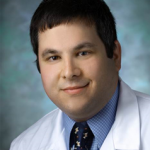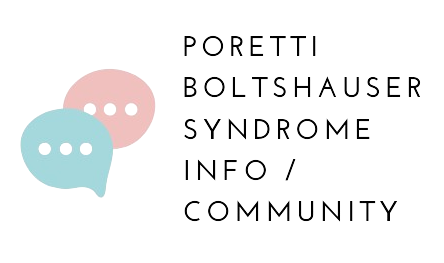About PBS
On this page, you will find a description about what Poretti Boltshauser Syndrome is.
Explaination
PBS is a congenital non-progressive cerebellar ataxia that affects the eyes and the cerebellum. Non-progressive means that the symptoms don’t get worse throughout life. Congenital means that you are born with it. Ataxia means lack of coordination or muscle movements. The syndrome is very rare, due to it only being found out about in 2014. So many children who may have it, have not been diagnosed yet.
Congenital
The syndrome is congenital. You already have it when you are born, but it takes a while to become clear that one may have the syndrome. PBS is caused by a defect in the LAMA1-gene. In most cases, both parents are a carrier of the defect gene to carry it on to their child. Exceptions to this have been discovered recently.
Genetics
The defect in the LAMA1-gene causes the lack of a protein called Laminine A1. This protein plays a big part in forming the eyes, muscles and brain. Usual in children with PBS, the eyes and the cerebellum are affected.
The cerebellum is involved in all kinds of things, like moving, balancing, coördination of muscles, learning and developing, speak, read and understanding and showing of emotions.
Variation
There is a huge variety in people with PBS, because there is a wide range of symptoms and not everybody shows all of them. The possible symptoms are:
- low muscle tone
- developmental delays
- balance issues
- issues with talking
- swallowing issues
- very nearsighted
- Ocular Motor Apraxia
- variable retinal dystrophy
- problems learning
- problems with focusing or concentrating
- autistic features
- constipation, IBS
- problems with getting potty trained
PBS is diagnosed by MRI and genetic testing.
Helpful therapies
PBS is non-progressive and there is no ‘cure’ so to speak. There are a wide variety of therapies that you can follow to improve things, like balance or the muscles. These are:
- glasses or eye patches with a lazy eye
- physical therapy
- speech therapy
- occupational therapy
- rehabilitation doctor
- special education
- medication to improve focus
- psychiatrist
- medication for constipation (fibres)
- a personal coach
Future
“But what does this diagnosis mean for the future?” I am sure this is a question most of the parents visiting this website or getting the diagnosis of PBS have. A big part of the children diagnosed with PBS can have a independent life. Some need more help, like a personal coach. Children with this diagnosis may encounter problems in life, but they will also learn how to adapt and make the most of life.
Images included in this website are made possible by the University of Washington Hindbrain Malformation Program. Thank you for sending images and information.
kinderneurologie.eu
University of Washington



